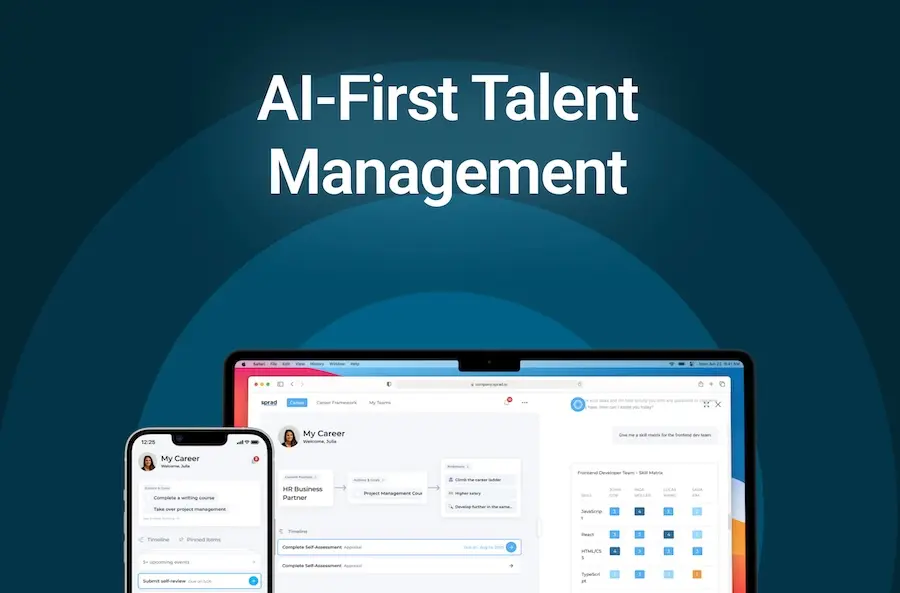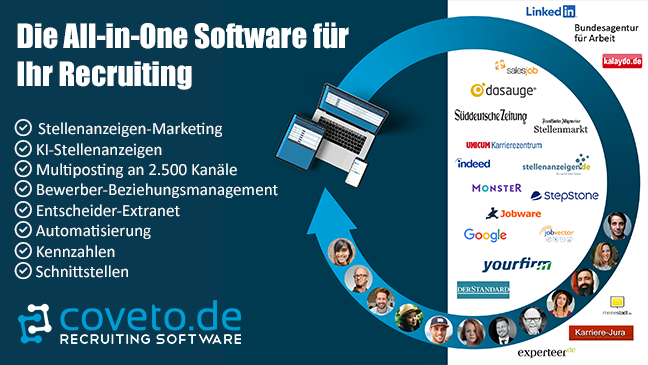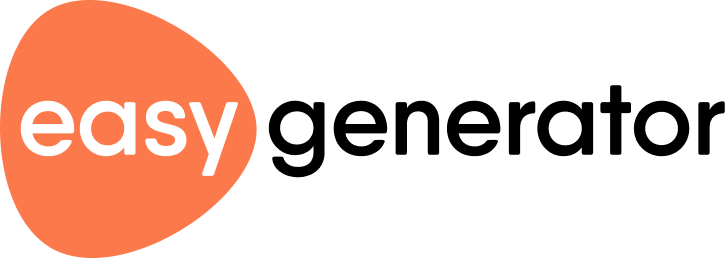
Moodle Workplace















Moodle Workplace for structured learning, compliance and scalable training
Moodle Workplace combines features of a Digital Learning Platform with core elements of Training Management Systems to support organizations that need consistent learning pathways and reliable compliance tracking. The system enables creation of structured learning programs, issuance of custom certifications and management of multiple business units via multi-tenancy. That setup streamlines onboarding, mandatory training and audit documentation.
Integration capabilities with HR systems and automated workflows reduce manual data entry and ensure learners are enrolled at the right time. Custom reporting provides insight into learner progress and training effectiveness. Mobile accessibility keeps content available across devices. Role-based user management paired with compliance tracking supports audit trails and regulatory reporting.
In real-world use, Moodle Workplace pays off where structured curricula and proof of completion matter. Multi-tenancy benefits organizations operating several brands or separate departments. The trade-off appears during initial deployment: configuring complex programs and keeping up with updates takes planning and resources. Some users note an outdated user interface and occasional stability issues that can impact daily use.
Strengths include flexibility, scalability and the option to migrate existing Moodle content, which lowers transition risk. Limitations show in assessment features for high-stakes online exams and in expectations for out-of-the-box UI modernisation.
Conclusion
Moodle Workplace brings together the manageability of a Training Management System with the content capabilities of a Digital Learning Platform. It reduces administrative burden through automation and integrations, while successful rollout depends on deliberate project governance and technical preparation.
HR Software Provider is listed in the following categories:
More information

Assessment
Features
Learning Programs
Create structured learning paths by combining various courses into comprehensive programs, facilitating organized and progressive employee development.
Custom Certifications
Design and issue personalized certificates upon course or program completion, recognizing and validating employee achievements.
Multi-Tenancy
Manage multiple departments or clients within a single platform by creating separate learning environments, each with its own branding and user management.
Custom Reporting
Generate detailed and tailored reports to monitor learner progress, course effectiveness, and overall training outcomes.
Automated Workflows
Streamline administrative tasks by setting up rules that automate processes such as enrollments, notifications, and course completions.
Integration Capabilities
Seamlessly connect with existing HR systems and other enterprise software to ensure data consistency and reduce manual data entry.
Mobile Accessibility
Provide learners with access to training materials and courses via mobile devices, enhancing flexibility and engagement.
Compliance Management
Ensure adherence to industry regulations by tracking compliance training, certifications, and audit trails.
User Management
Efficiently manage user roles, permissions, and hierarchies to align with organizational structures and training needs.
Customization and Branding
Tailor the platform's appearance and functionality to reflect the organization's brand identity and specific requirements.













